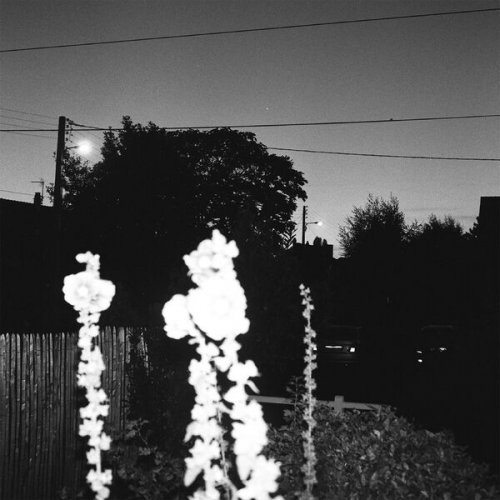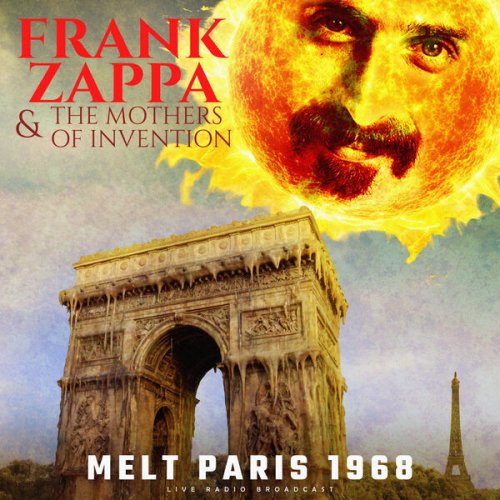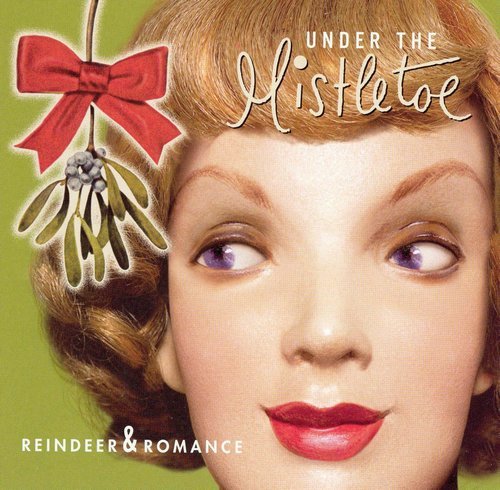Ensemble Quadriga Musica, Marian Polin - Piscator: Quadriga Musica (2022)
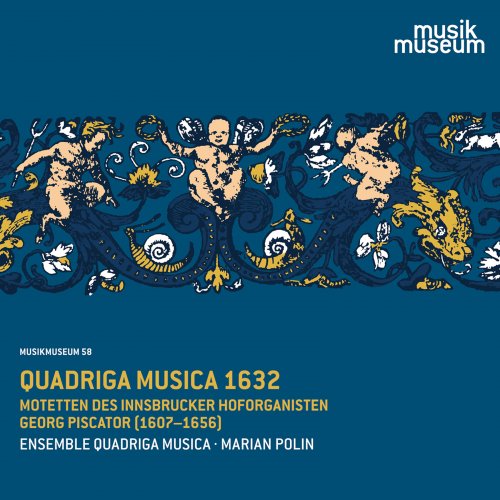
Artist: Ensemble Quadriga Musica, Marian Polin
Title: Piscator: Quadriga Musica
Year Of Release: 2022
Label: Musik Museum
Genre: Classical
Quality: flac lossless (tracks)
Total Time: 01:04:36
Total Size: 328 mb
WebSite: Album Preview
TracklistTitle: Piscator: Quadriga Musica
Year Of Release: 2022
Label: Musik Museum
Genre: Classical
Quality: flac lossless (tracks)
Total Time: 01:04:36
Total Size: 328 mb
WebSite: Album Preview
01. Quadriga musica: Haec est domus Domini
02. Quadriga musica: Gaudent in coelis animae sanctorum
03. Quadriga musica: Ab initio et ante saecula creata sum
04. Quadriga musica: Hic est vere martyr
05. Quadriga musica: Ecce sacerdos magnus
06. Quadriga musica: Veni sponsa Christi
07. Quadriga musica: O intemerata et in aeternum benedicta
08. Quadriga musica: Pulchra es, amica mea
09. Quadriga musica: Vulnerasti cor meum
10. Quadriga musica: Ego dormio, et cor meum vigilat
11. Quadriga musica: Salve mater Christi
12. Orgelstücke aus den Orgelhandschriften Neresheim und Müstair: Magnificat primi toni
13. Quadriga musica: Tollite jugum meum
14. Quadriga musica: Domine, Dominus noster
15. Quadriga musica: in te Domine speravi
16. Quadriga musica: Jubilate Deo omnis terra
17. Quadriga musica: O dulcissime Domine
18. Quadriga musica: O Jesu mi dulcissime
19. Quadriga musica: Beatus vir qui in lege Domini
20. Quadriga musica: Sub tuum praesidium confugimus
21. Quadriga musica: O Maria clementissima
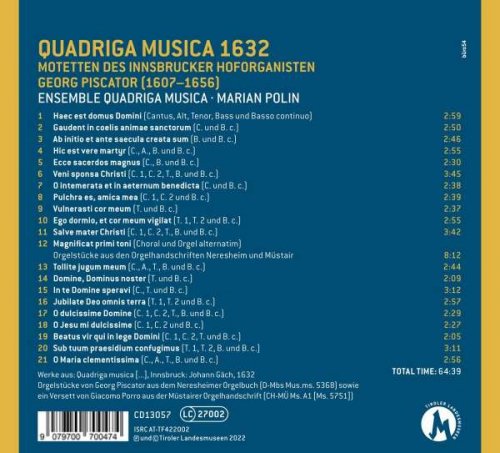
The focus of this recording is on motets by the Innsbruck court organist Georg Piscator (Fischer), a great unknown of the glorious Innsbruck music history of the 17th century. A single complete copy of his collection Quadriga musica published by Johann Gach in Innsbruck in 1632 has been preserved in the Proske Library in Regensburg, otherwise only a single part book in the Bavarian State Library in Munich.
Piscator was sent to Venice by his employer, Archduke Leopold V of Austria-Tyrol, to learn the most current Italian style and bring it to Innsbruck. Piscator represents this style in his motets, whereby an orientation to the madrigal can be detected in his work; the Innsbruck court organist knows how to find memorable head motifs and to provide maximum variety by skillfully combining the voices and creating dramatically effective arcs of tension. The vocal virtuosity comes to the fore especially in the solo motets.
The motets of the Quadriga musica are real discoveries, at the same time prime examples of the Italian-influenced musica sacra at the decidedly Italophile court of Leopold V and Claudia de' Medici, who took over the regency in place of their minor son Ferdinand Karl after the death of her husband. Leopold died as early as 1632, the year Piscator's Quadriga musica was published. Piscator was appointed court organist in Munich three years later and then went to Vienna, where he served as organist and regens chori at the Schottenkloster. He died there in 1656.
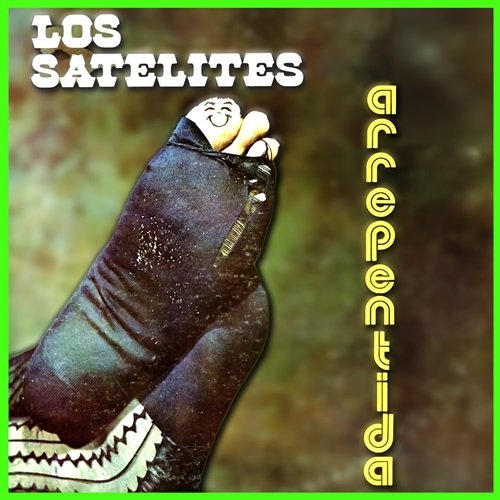
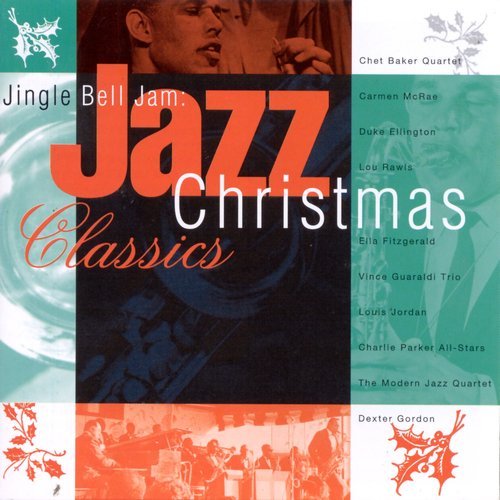



![Christian Escoudé, Aldo Romano - Return (Remastered 2024) (2024) [Hi-Res] Christian Escoudé, Aldo Romano - Return (Remastered 2024) (2024) [Hi-Res]](https://www.dibpic.com/uploads/posts/2025-12/1766398924_nbinjdpzhg4qc_600.jpg)
